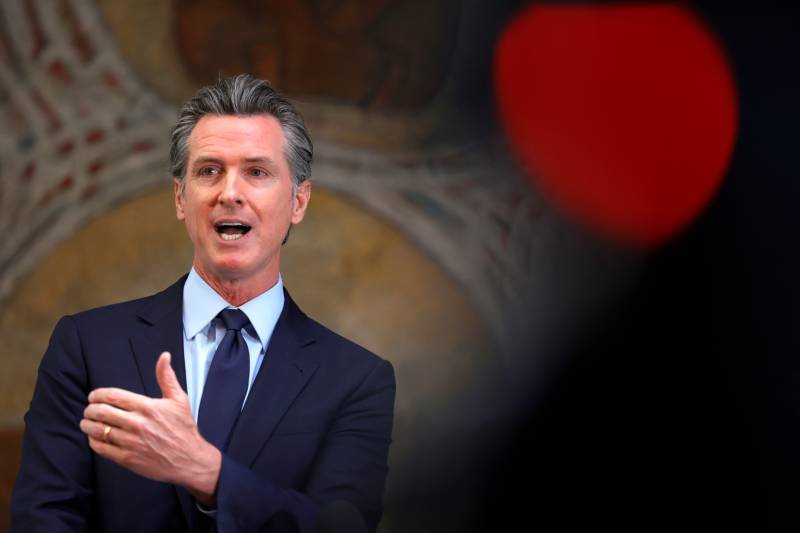San Jose Mayor Sam Liccardo, chair of the Big City Mayors coalition, released a statement on behalf of the coalition praising Newsom’s move to fund homelessness efforts.
“We appreciate Governor Newsom’s longstanding commitment to address homelessness, and today’s bold announcement. We are also grateful for the bold budget proposals of our Senate and Assembly leadership,” Liccardo wrote. “Together, they’ve offered the essential elements that can produce transformative outcomes for tens of thousands of unhoused Californians. We look forward to the upcoming budget negotiations when we can build on these strong foundations with investment that can enable California’s largest cities to nimbly respond with proven solutions to our homelessness crisis.”
Still, San Diego County Supervisor Nathan Fletcher, a fellow Democrat, acknowledged that tackling the issue is challenging and urged Californians to step up efforts to solve the politically difficult problem.
“Every community group that you go to demands that you solve the problem of homelessness, and then in the exact same meeting they’ll demand you don’t solve it anywhere near them,” Fletcher said.
Matt Schwartz, president and CEO of the California Housing Partnership, which advocates for the building of affordable housing, welcomed the announcement but also called on the governor and Legislature to establish a permanent funding source that would go beyond the next few years.
“The only way to achieve lasting results and lasting progress is to know that the investment is going to be sustainable on something like this scale,” said Schwartz, who is also part of an effort called Roadmap Home 2030, which urges the state to come up with a long-term plan for addressing homelessness.
“It is great that the state of California is embracing their role in funding solutions to homelessness,” said Jennifer Loving, CEO of Destination Home, which works to reduce homelessness in Santa Clara County.
Loving also said she hoped the state would continue to provide local governments with flexible funding as they have in recent years, through programs like the Homeless Housing, Assistance and Prevention (HHAP) Grant Program.
“We know what the challenges are, we know where the pain points are, and we have funding needs that might not fit into a predetermined box,” she said. “Direct allocations to the city and county allow us to do our best work, preventing homelessness on the ground.”
Though the governor’s announcement didn’t hint at plans for future funding, Elliott acknowledged it’s an important question.
“But the more urgent question is how do we make sure that this 12 billion is deployed equitably, quickly and efficiently. Let’s figure out what’s working and let’s do more of that. Let’s see what’s not working well and disinvest from those solutions.”
The new pending proposal came as part of a $100 billion pandemic recovery plan Newsom is rolling out this week. The massive amount comes from an astounding $76 billion estimated state budget surplus and $27 billion in new funding from the federal government’s latest coronavirus spending bill.
Focusing on homelessness, a vexing issue for California, could prove politically helpful for Newsom as he faces an expected recall election later this year.

